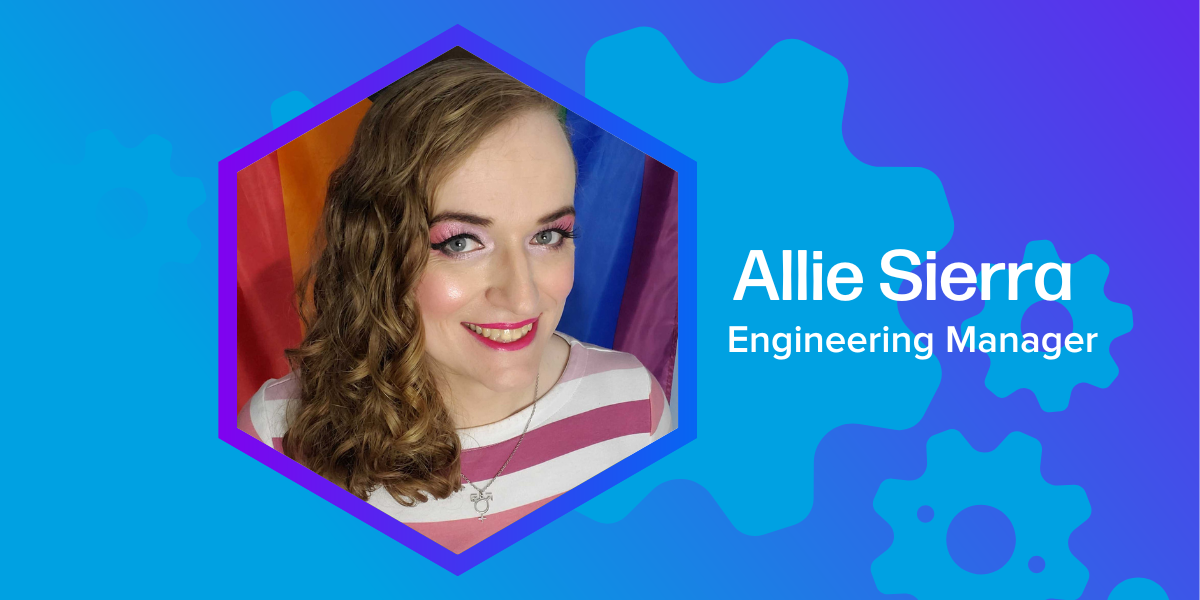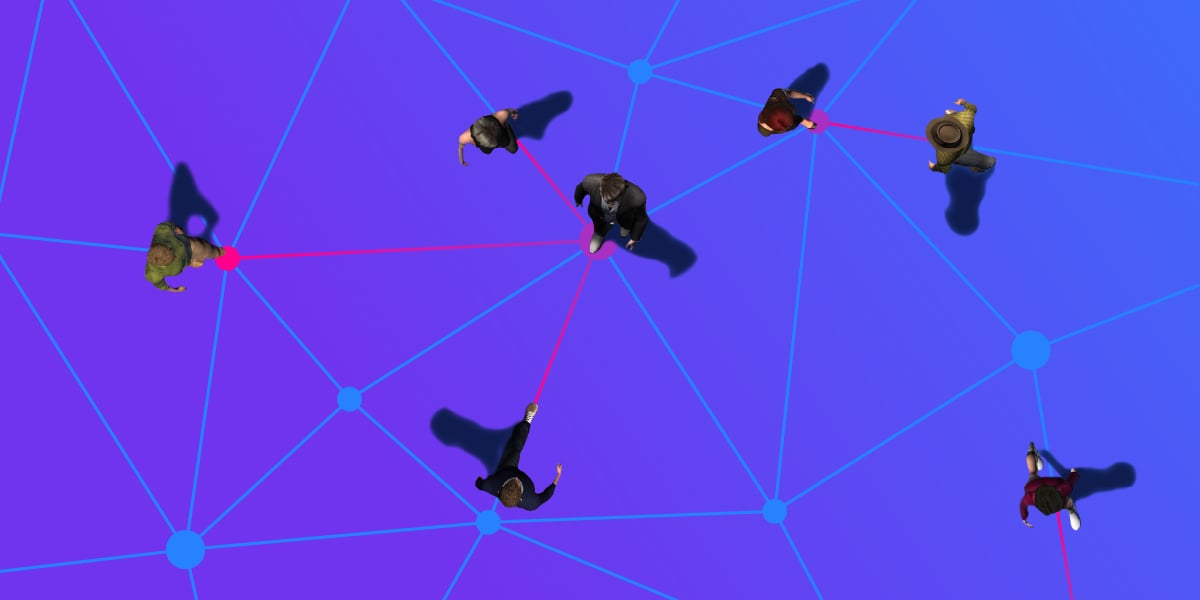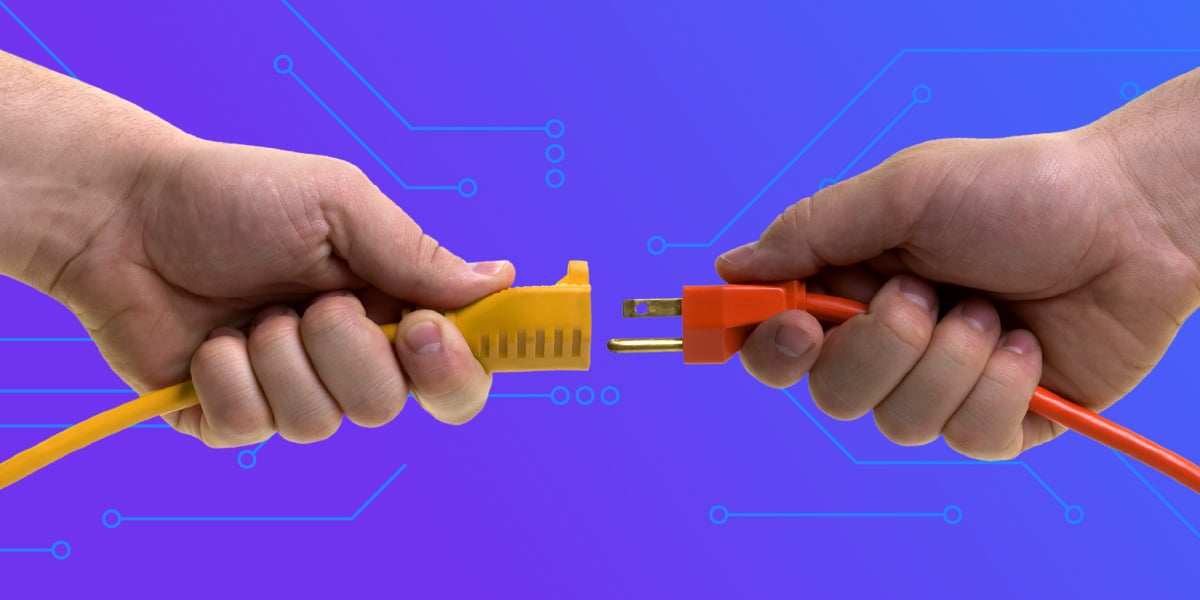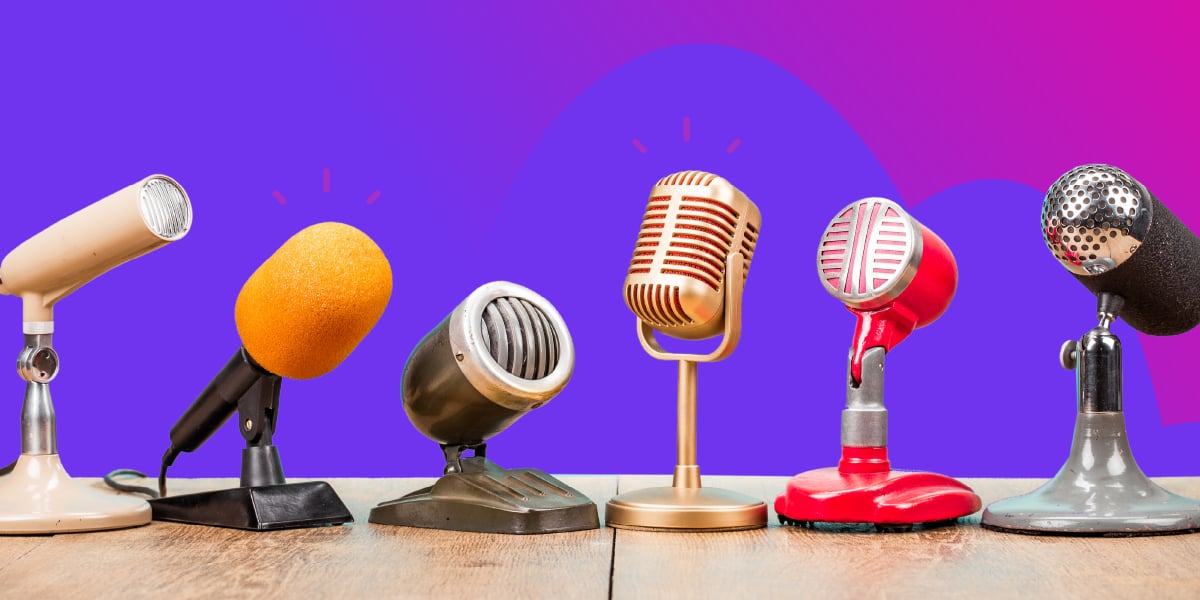Allie Sierra is a Linux hobbyist, a Rust enthusiast, and an advocate for open source software.
While she levels up her contributions to the open source space, she also leads a team as an engineering manager at Sonatype. As part of our ongoing series for World Open Source Day, we had a conversation with Allie about her journey in open source software development so far.
Let's dive into her story where she talks about the importance of community in open source and offers advice on contributing back to open source projects.
What do you think is the most important aspect of open source?
I would go with community. When I am choosing an open source product or tool to use, whether professionally or in my personal life, I have found that the best ones all stem from really good communities with really good collaboration. That’s where you find the best support and documentation.
And if you want to get involved in a project, having a welcoming inclusive community is pretty huge. So for me, the community aspect is by and large the most important part.
How did you start becoming more involved with open source?
My first real exposure to the concept of open source was probably in college. That’s when I started using Linux and got really hooked on it. Then I got my first job working tech support for an ISP where we were leveraging open source operating systems and toolchains for what we were providing. That’s where I got to use open source products a lot.
And I always seemed to enjoy using those— how they were built, how they worked, how they approached problems — way more than the big alternatives like Microsoft tools. That was the initial start, and then I got really into being a Linux hobbyist for a long time, especially to keep my sanity when a good length of my career was very Microsoft-focused.
I also started getting much more involved and interested in open source at my previous job before I joined Sonatype. I started working at an insurance company in the Microsoft side of the house, and then moved over to the DevOps transformation area. I helped advocate for bringing in open source products, which was something the company had been super averse to and hampered by red tape. I applied what I knew there, which included bringing in tooling — similar to Sonatype’s products — to make the business comfortable with using open source.
Another big catalyst was going to KubeCon in 2019. It completely opened my eyes to how the entire industry and commercial aspect of open source worked. And then I paired up with Amy Keibler here last year to work on the CycloneDX project. Other than submitting bugs here and there, that was the first time I started contributing code to a project. That’s my open source history in a nutshell.
If you were teaching a beginner about open source, what is one piece of advice you would give them?
Contributing back to something you use adds a whole lot more purpose to what you’re doing.
So, if there’s a tool or library that you make use of, getting involved in that can be very rewarding because you can help fix things about it that annoy you. You can help add features that you have time to invest in and add to versus waiting on the project to add them. And then scout out the community by jumping into their Discord or Slack to see what the culture is like and if it seems like the type of people you want to work with.
And at some point you just kind of have to not be too worried about being rejected. Just submit a bug report, open a pull request, and be open to the feedback you get. Most of the projects, especially the smaller ones, are happy to have people contribute. Generally, I’ve been fairly anxious about doing that, but in most cases I’ve had very good discussions on issues I’ve opened. And a lot of times too even if you open an issue someone will be like, “Hey, we don’t really have this priority for us, but if you want to open a PR, we’d be happy to look at it.”
That’s what I’d tell a newbie. Find a project where you want to open an issue for something you want to do, and then start a conversation and see if they’re willing to take a contribution.
Is there a tool, community, or area of open source you feel should receive more attention?
As far as a community that I would love to see more people get involved with just in general is the Rust community and ecosystem. It’s very inclusive. I started learning Rust in the last year after doing a lot of Go work. It was a more challenging language for me to pick up, coming from doing a lot more DevOps languages and not needing to know all the bells and whistles Rust has. It’s one of those things where I feel like I can solve problems a lot faster, but I’ve also been absolutely impressed with the community and how the Rust project itself is managed.
The ecosystem is still fairly young, so there’s a lot of areas for libraries and tooling to keep getting better and grow, and I feel like I’ve become a better developer learning how to code in Rust. The funny thing is that its memory-management system has taught me how to be a better manager too. And thinking about how Rust has an ownership model for memory management gave me a way to look at people management in a very similar way.
So, I would point people towards learning Rust and getting involved in a Rust project or a Rust library. There’s so many fun things about it, from the community to the technology.
Who has helped you in your journey through open source?
Amy Keibler definitely gets the biggest callout. She was excited to have somebody help her. The CycloneDX Rust Cargo project is small. She was kind of the sole maintainer and main contributor, with small contributions from a couple other people.
It was a good opportunity for me to be mentored in learning Rust. And she’s been mentoring me up towards maybe being a maintainer on that project at some point. There’s certainly been a few people along the way, but she’s been the one that really helped me reach some goals and actually start contributing back more than just constantly hunting for a project and never really diving in and getting involved with one.







